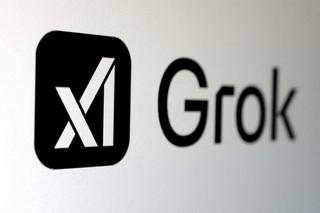Africa’s largest mobile operator, MTN is exploring partnerships with low-Earth orbit satellite providers to extend internet connectivity to rural and remote regions across the continent, the company’s Group CEO, Ralph Mupita, announced on Monday.
The move comes as satellite internet has gained traction in Africa, with providers like Starlink, operated by Elon Musk’s SpaceX, offering high-speed internet to areas where traditional telecom infrastructure is either costly or difficult to deploy.
Mupita emphasized that satellite technology is becoming a crucial part of MTN’s strategy to ensure reliable connectivity for its customers. “To keep customers and businesses connected at all times, we’re going to have to embrace satellite as an additional technology form,” Mupita said during a media call.
The South Africa-based telecom giant is currently testing proof-of-concept initiatives with several LEO satellite operators as it explores potential partnerships. MTN also plans to act as a reseller for some satellite services through its enterprise business in select countries.
MTN’s move follows similar initiatives from smaller rivals. Cell C is also seeking partnerships with satellite providers, while South Africa’s largest operator, Vodacom, majority-owned by Britain’s Vodafone, has already struck a deal with Amazon’s Project Kuiper for satellite-based internet.
Mupita acknowledged the growing competition posed by satellite services, particularly from LEO providers, and said MTN is positioning itself to remain competitive in key markets. “We’re aware of the challenges of competing with LEO satellites over time, so we’re ensuring our business is future-proof,” he stated.
Starlink, which has already launched services in several African nations, has faced regulatory hurdles in some markets, including South Africa, where local telecom companies have expressed resistance. In response, the South African regulator, ICASA, is working to develop a regulatory and licensing framework for satellite internet providers.
Mupita called for a level playing field, insisting that LEO satellite operators should be subject to the same regulatory standards as terrestrial telecom companies, especially in areas like data privacy, transport, and access to spectrum. “Our ask is that there just be a level playing ground,” he said.










